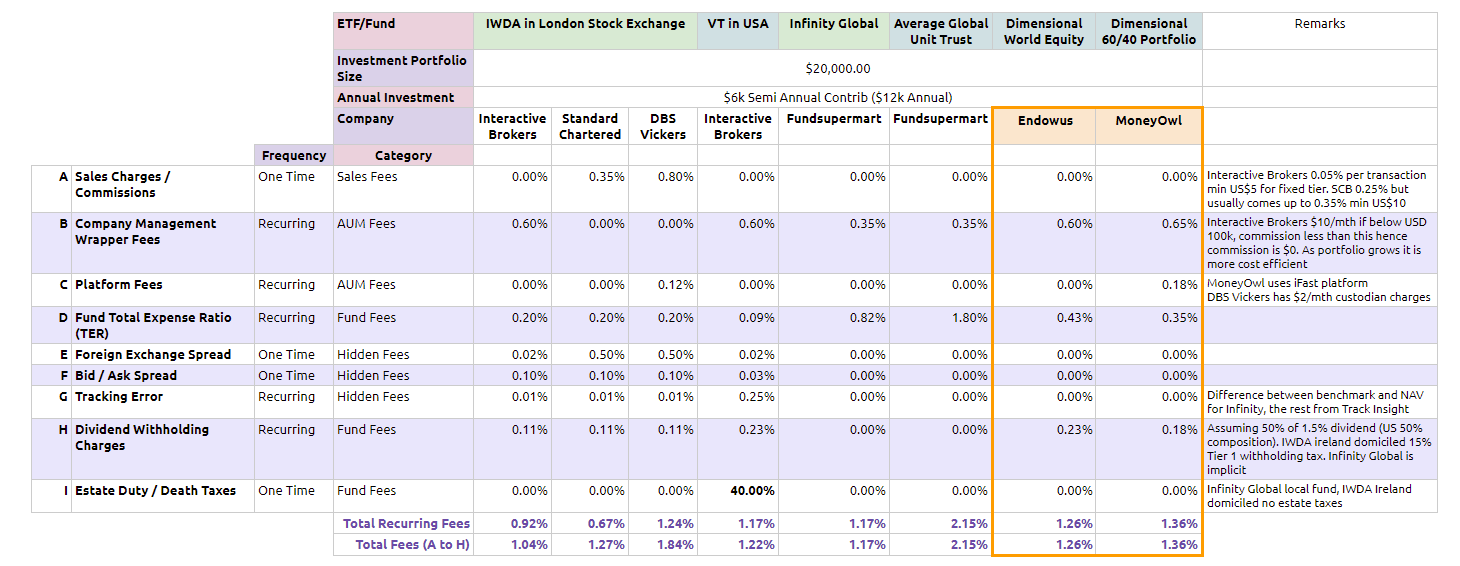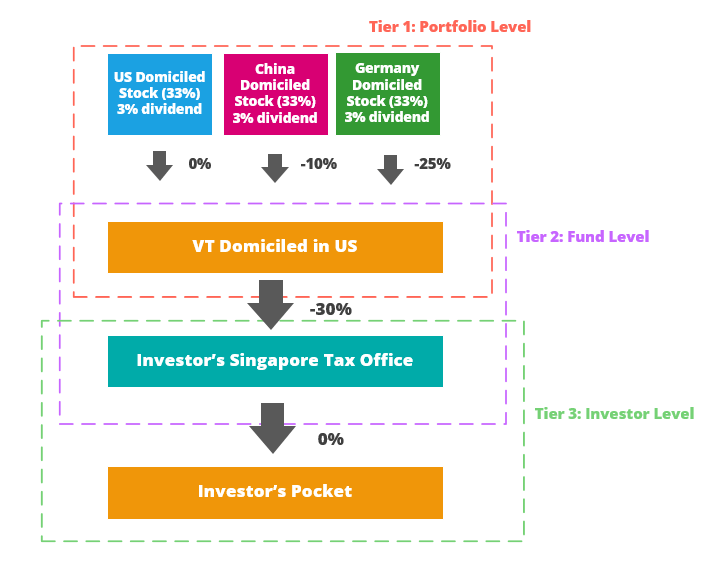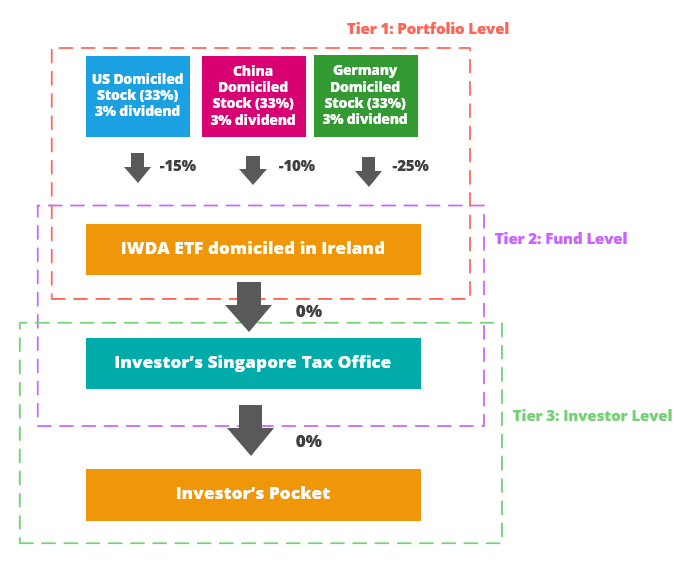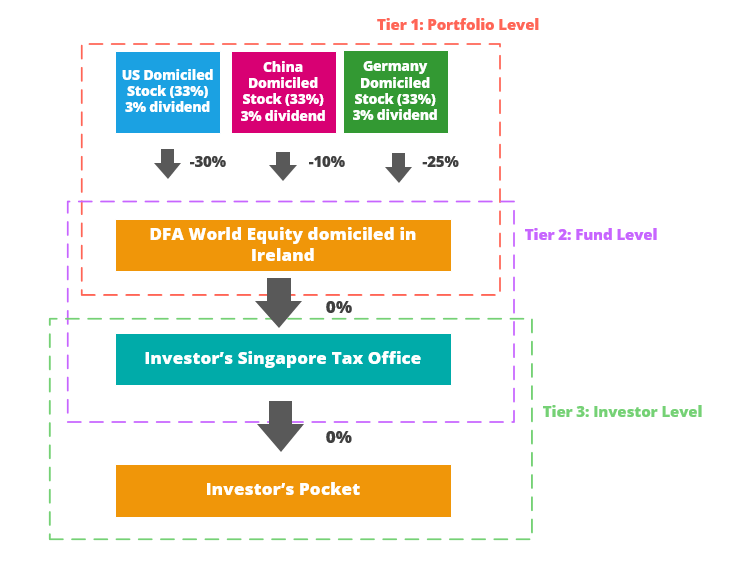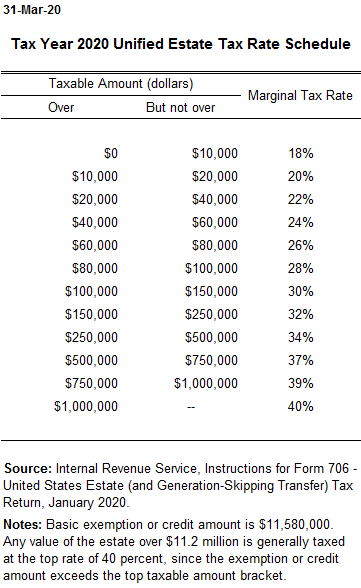Got an insurance question, how much coverage is enough coverage?
Well, that’s a broad question! Here are the basics....
If you’re financially sensible, and leaving aside rare exceptions (example: tax optimization), you only buy insurance to help defend against a genuine calamity or catastrophe (some really seriously bad situation) that a money payout would make better that you cannot reasonably handle on your own (you cannot self-insure). So let’s walk through some hypothetical, fictitious examples when you shouldn’t buy insurance, not generally anyway:
1. You probably shouldn’t buy insurance to pay for a new coffee cup when you drop a coffee cup and it breaks. Coffee cups cost $10 (or thereabouts). This isn’t a genuine calamity or catastrophe. Don’t worry about the small stuff, not with insurance. One easy way you can sanity check this is to calculate the policy’s maximum possible payout. If that maximum isn’t at least 6 digits ($100K+), it’s probably too small to bother with. $2K or $20K probably ain’t going to rock your world much. (Middle class in Singapore assumed here.) A $3,000 deductible? A 6 month waiting period before disability payouts begin? Probably OK.
2. You probably shouldn’t buy insurance that pays $10,000 if your girlfriend or boyfriend dumps you. The $10,000 won’t make your girlfriend or boyfriend love you again. “Money can’t buy me love.” Not real love, anyway. As another example, if you misplace or otherwise lose your newborn child’s foot imprint (which some parents like to do), you may be very sad, but money cannot replace something of sentimental value like that.
3. Jeff Bezos doesn’t need life insurance. (He may have some life insurance for exotic reasons, such as tax reasons, but absent exotic reasons he doesn’t need any.) Bezos can afford to self-insure. There should be absolutely no way his dependents will ever suffer a lack of food, clothing, shelter, or other basic necessities due to a lack of financial resources. I assume Bezos has already set up lavish trust funds for them. Even Bezos might have a couple other types of insurance, but he doesn’t
need that one.
4. Private sector insurance comes with overheads. It’s never a fair bet, not on average. The insurance company must cover its costs (which can be high) and should make a little profit. That’s all reasonable and proper. So you don’t want to go overboard on buying insurance, because cash you keep is going to be a better bet. You’re willing to pay the markup (the overheads) when the insurance company’s risk pooling offers genuine value to you, but no more than that.
So let’s move on to distinguish between two basic types of insurance: “all risks” and “named perils.” There is some gray area between them, but the basic idea is that an “all risks” policy is written to focus on the calamitous or catastrophic event, the loss. Example, “If you become disabled, then we will pay....” Such policies may still have a few exclusions (example: “unless the disability is due to participation as a combatant in a war...”), but they’re usually pretty straightforward. A “named perils” policy lists the manners, or pathways, to the loss and covers (or doesn’t cover) specific causes. It focuses on the “how you got to the loss,” the storyline, not the loss itself. Example: “If you are diagnosed with Stage 3 or later ovarian cancer, we will pay....” I recommend “all risks” coverage when you can. The catastrophic/calamitous loss is what matters, not how you ended up experiencing the loss. The soap operas don’t matter, except to insurance company marketing departments and gullible insurance consumers. As an easy example, a lot of insurance companies sell “accidental death insurance,” meaning the policy pays $100,000 (let’s suppose) to the policyholder’s survivor(s) if the policyholder dies within the coverage period in particular specific ways. Now, let’s imagine the phone call to the policyholder’s surviving spouse....
Spouse: “Hello?”
Police Officer: “Hello, is this Mrs. Josephine Johnson, wife of Mr. Charles Wang?”
Spouse: “Yes, that’s correct. Who is it?”
Police Officer: “This is Officer Newton. I’d like to ask you to come to Singapore General Hospital. We believe Charles Wang is here, and we’d like you to identify him.”
Spouse: “Oh my goodness! Is he OK? What’s wrong?”
Police: “We need you to stop by to identify this person who unfortunately died earlier today. May I send a police car to bring you to SGH?”
Spouse: “Oh Nooooo!!!! How did he die?”
Police: “I cannot discuss all the details now, but we suspect that he was fishing, reeled in a big fish, and fell off a bridge.”
Spouse: (Sound of paper shuffling as she checks the policy....) “Woo hoo! We’re getting a payout! Ahem....Oh, that’s terrible, Officer Newton. Please send the car right away....”
Can you imagine?!?! What difference does it make how Mr. Wang died? If he’s dead, he’s dead. Either his surviving dependents lose the benefit of his future income earning potential from his work, or they don’t. Heart attack, stroke, getting run over by a Porsche, or falling off a bridge — it doesn’t matter. But yes, there are accidental death insurance policies. Other examples of frankly dumb “insurance” products include cancer insurance, policies that specifically and only pay a benefit if you’re diagnosed with some named cancer listed in the policy. Not for Muscular Dystrophy, not for intense recurring migraine headaches (unless related to a named cancer, such as brain cancer), not for a debilitating infectious disease, not for liver disease (unless it’s liver cancer, and liver cancer is on the list). Just the list of specific cancers that may or may not be particularly life impactful. This junk is dumb.
Another important point: your genuine insurance needs can differ greatly depending on whether you have at least one genuine dependent or not. A genuine dependent is anyone you care about who would experience significant, serious baseline lifestyle disruption (who could not afford to eat, for example) if he/she were to lose the benefit of your future income potential from work. It could be a family member, but it doesn’t have to be. It could even be the friend from primary school that has no one else in the world looking after him, who has learning and physical impairment, who you financially support from your work income. It could be a girlfriend or boyfriend, even. But this surviving person has to be more than sad upon your death (or disability). If you don’t have any dependents, you don’t need life insurance — insurance that pays a benefit upon your death. Dead people don’t buy iPhones, beer, shelter, or dental checkups. Your dead body cannot spend anything. Only living people can, and if none of the living people depend on your future income potential, you don’t need this sort of insurance.
Insurance salespeople like to argue that you ought to buy life insurance as soon as you’re born (or earlier if it were possible) because who knows whether you’ll be able to buy it in the future. You might not be able to buy it due to a disqualifying medical condition later on. I think this is a very weak argument. It’s essentially the same argument that a newborn should buy dentures now, because — who knows? — the supply of ceramics may be too limited in the future. In other words, “Get in line.” It’s not hard to imagine much better investments to make in children. Also, it’s a really, really interesting question whether an adult should, for example, bring a child into this world if he/she cannot obtain life insurance and cannot self-insure. If all insurance companies think you’re a bad risk, should you be a parent? Well, it’s an interesting question, and choices like these are available. Another common problem is that a parent buys what he/she thinks is a great life insurance policy for his/her newborn. Let’s suppose it’s a $30,000 policy purchased in 1974. $30,000 may have seemed like a lot in 1974 Singapore, but it’s definitely not a lot in 2020+ Singapore. That sort of policy really doesn’t help (see #1 above).
It’s very common for insurance companies to peddle products that combine insurance elements with investment elements. As a general rule you shouldn’t combine these two elements, any more than you should combine insurance with a food plan providing a monthly supply of groceries from NTUC Fairprice. Bundling of this sort helps an insurance company make more profit and make it more difficult to compare insurance products against competitors. There are lower cost investment choices elsewhere, which is why so many people (including me) say “Buy Term, Invest the Rest” (BTIR). However, there is one possible exception. Some people are just not good at diligently saving and prudently investing for their future selves. These people need the psychological power of an insurance premium bill (and a higher one of course) to save much of anything, even if it’s a high cost and inefficient way to save. I don’t criticize such people, and there are many such people. You may be one of them, and that’s OK. It’s easy to say “save diligently, invest prudently.” It’s harder to do.
With that background, and assuming you’re an early or mid career adult in Singapore, here’s what I suggest as the general package of insurance necessities (typical, for most people):
1. Disability Income Insurance (DII). In Singapore DII is available from three carriers (AIA, Aviva, and Great Eastern) in four policies. There’s a whole separate thread on this subject.
2. An “as charged” public hospital B1 ward Integrated Shield plan, probably with its lowest cost rider added. For Singapore Permanent Residents I now like Aviva’s MyShield Plan 3 with their lowest cost rider, and for Singaporean citizens I like either that same Aviva plan or Great Eastern’s SupremeHealth B Plus with Classic-B rider.
3. If you have at least one dependent, term life insurance to age 65. You can find this coverage at Comparefirst.sg and it includes Total and Permanent Disability (TPD) coverage.
4. I’m probably going to classify CareShield Life as an insurance necessity for most people, but that really doesn’t matter since, if you’re young enough and a Singaporean citizen or PR, it’s compulsory.
5. If you venture outside Singapore (more than one annual pilgrimage to Johor anyway), travel medical insurance. I still like Bupa Global’s base annual plan that you can buy online in British pounds. But this isn’t relevant at the moment with the COVID-19 pandemic and essentially zero international travel.
6. If you have a home (or perhaps even if you rent), a little home insurance. I don’t have a strong favorite here, but I think QBE’s Home Prestige policy is kind of interesting since it includes a higher than typical personal liability insurance element. There’s an insurance broker that advertises on Qoo10 that sells that particular policy at a discount. I’m open to alternative suggestions here.
7. If you have a car, why?

But if you foolishly do, obviously you need auto liability insurance.
....And that’s it, really. Past #7 we’re really falling off/out of the essential list. The first three are what I call the “Big Three” since they’re the most typical. But it could be “Big Two.”

